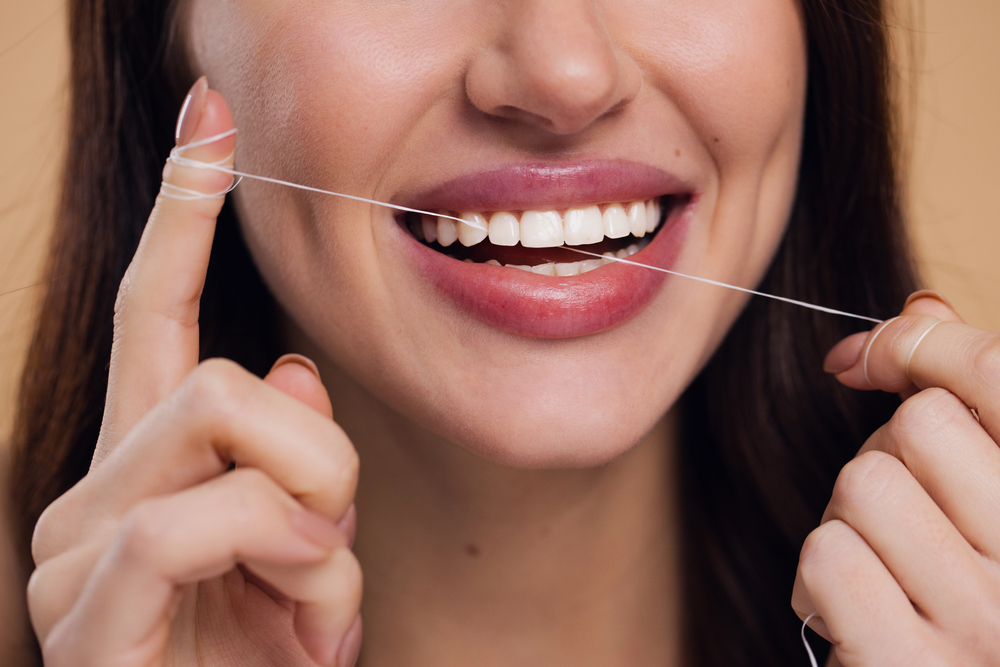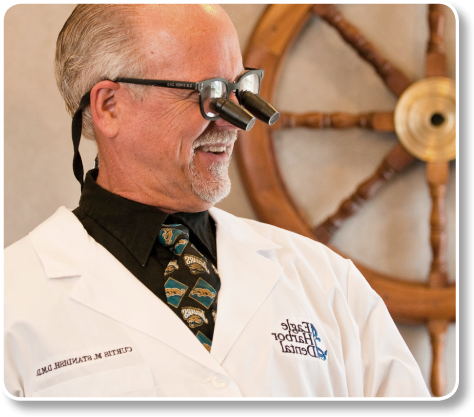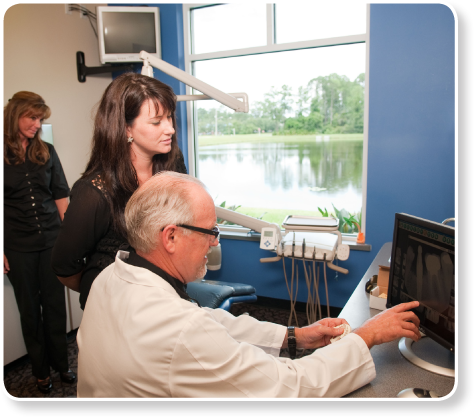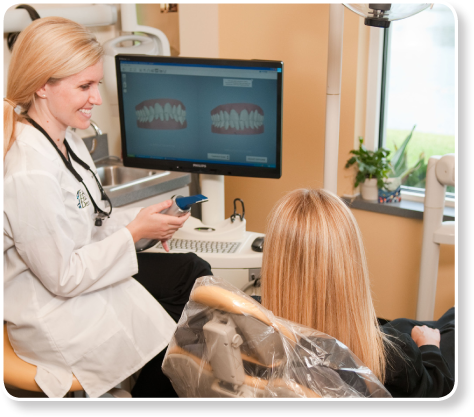Dental Myths Debunked
Aug 24, 2025

There’s no shortage of dental advice floating around—on the internet, from friends, or passed down through generations. But not all of it is accurate. In fact, some of the most common beliefs about oral health are outdated or downright wrong.
Let’s set the record straight by debunking some of the biggest dental myths. Knowing the truth can help you take better care of your smile and avoid unnecessary problems down the road.
Myth #1
If Your Teeth Don’t Hurt, They’re Fine
The truth: Pain is not the only sign something’s wrong.
Many dental issues—like cavities, gum disease, or even infections—can develop silently without causing noticeable discomfort. By the time pain shows up, the problem may be more advanced and require more complex treatment.
That’s why regular dental checkups are so important. Your dentist can spot early warning signs before you feel them, which means easier (and often less expensive) treatment.
Myth #2
Brushing Harder Cleans Better
The truth: Gentle brushing is actually more effective.
Scrubbing your teeth with force can wear down enamel and irritate your gums. A soft-bristled toothbrush, combined with good technique, removes plaque effectively without causing damage.
Use light pressure and brush in small, circular motions for two minutes, twice a day. Think of it more like massaging your teeth—not scrubbing a stain off the floor.
Myth #3
Sugar Is the Only Cause of Cavities
The truth: Sugar is a major factor, but not the only one.
Cavities are caused by acids that form when bacteria in your mouth break down carbohydrates—including not just sugar, but also foods like crackers, bread, and pasta. How often you snack, your oral hygiene habits, and even dry mouth can all increase your risk of tooth decay.
The key is to limit snacking between meals, drink water often, and brush and floss regularly—especially after eating starchy or sugary foods.
Myth #4
Baby Teeth Don’t Matter
The truth: Healthy baby teeth are essential for a healthy mouth.
Even though baby teeth eventually fall out, they play a vital role in speech, chewing, and guiding adult teeth into place. If a baby tooth is lost too early due to decay or injury, it can lead to crowding or alignment issues later on.
Early dental visits and good oral care at home set the foundation for a lifetime of healthy habits.
Myth #5
You Should Stop Flossing if Your Gums Bleed
The truth: Bleeding is usually a sign that you need to floss more, not less.
If your gums bleed when you floss, it’s often due to inflammation caused by plaque buildup. Skipping flossing lets the problem persist. With consistent flossing and brushing, the bleeding should subside as your gums get healthier.
If bleeding continues after a few days or is accompanied by swelling or discomfort, it’s a good idea to check in with your dentist.
Myth #6
You Only Need To See the Dentist If Something’s Wrong
The truth: Prevention is the best dental treatment.
Routine dental visits allow your dentist to monitor your oral health, remove tartar buildup, and catch small issues before they become big problems. Cleanings and exams are just as important as treating cavities or toothaches—they help you stay ahead of potential trouble.
Most people should see the dentist every six months, but your dentist may recommend a different schedule based on your needs.
Final Thoughts: Trust Facts, Not Fables
There’s a lot of misinformation out there, but the best way to protect your smile is to stick to evidence-based care and trust your dental team. If you ever have questions or hear something that doesn’t sound quite right, don’t hesitate to ask—we’re always happy to clear things up.
Your oral health is too important to leave up to myths. Let’s keep your smile healthy, informed, and shining bright!
For informational purposes only.










